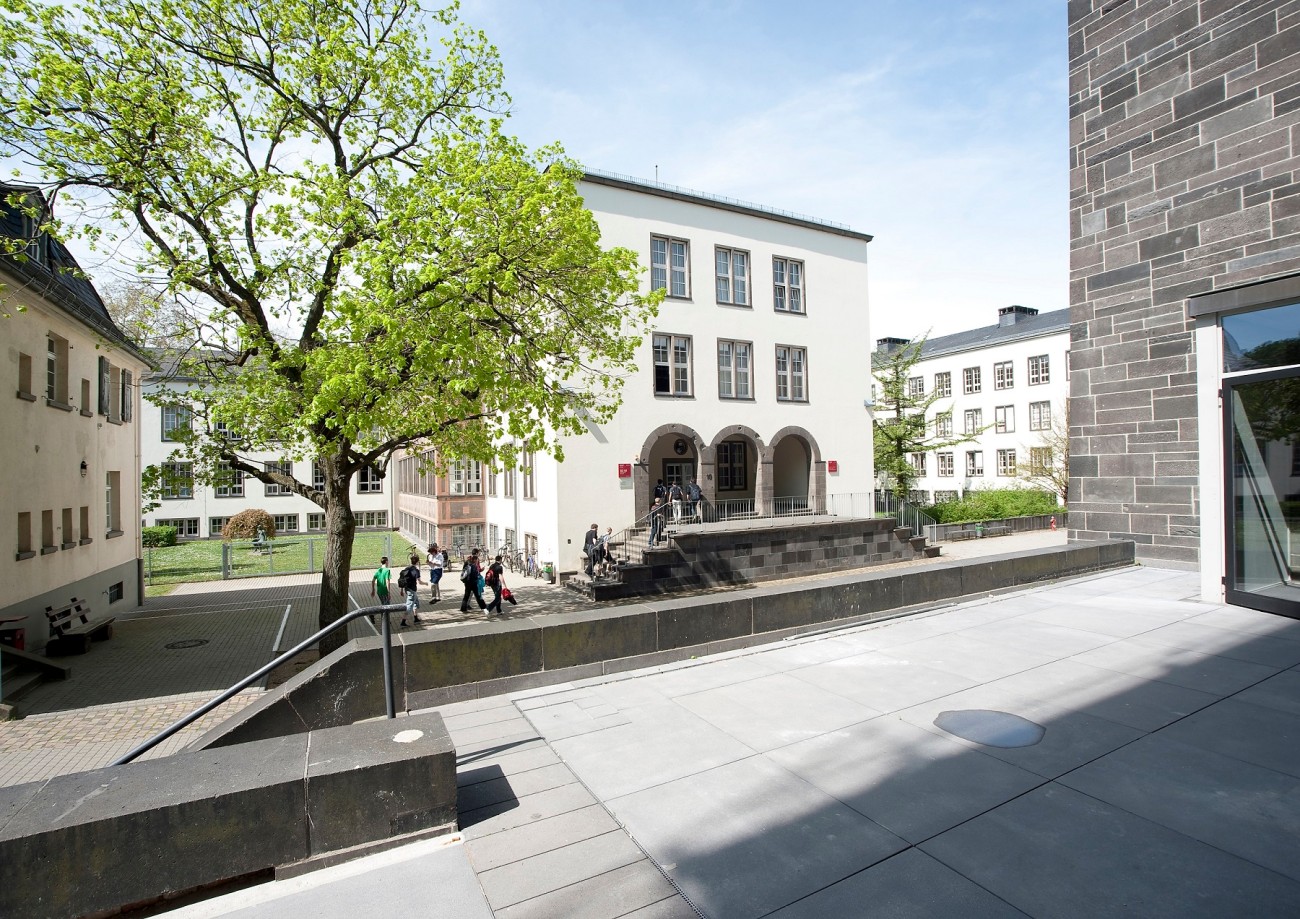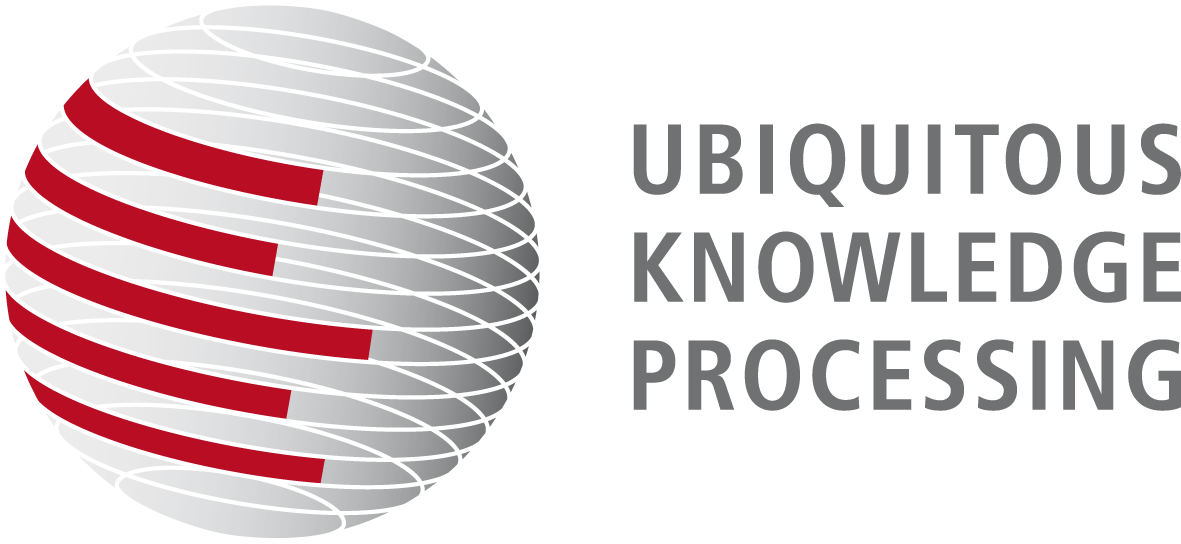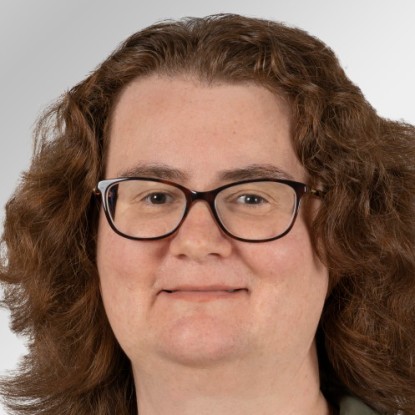-
»Large language models are becoming our everyday companions«
2025/06/05
DAAD Journal
In this recent DAAD Journal interview, Prof. Dr. Iryna Gurevych discusses the societal impact of large language models. She reflects on how cutting-edge AI research is reshaping education, ethics, and real-world applications — and why critical thinking is essential when working with generative models. The piece offers valuable insights into the role of responsible AI in research and beyond.
-
Putting Deepseek Models to the Test
2025/05/15
hoch³
In the latest issue of hoch³, the university magazine of TU Darmstadt, Prof. Iryna Gurevych and Irina Bigoulaeva from the UKP Lab examine the performance of DeepSeek-R1 and R1-Zero – two recently released models known for their reasoning capabilities.
-
These are the 23 most important women in AI in Germany in 2025
2025/03/10
manager magazin
The German business magazine manager magazin has just published a list of the 23 most important female AI pioneers in Germany. In the article our director Iryna Gurevych is named as one of the top AI visionaries in Germany.
-
»Royal Society honors AI pioneer«
2024/09/02
Frankfurter Allgemeine Zeitung, Frankfurter Rundschau, Darmstädter Echo et al.
The presentation of the 2025 Milner Award by the Royal Society to our director Iryna Gurevych was accompanied by broad media coverage. Among others, the following newspapers reported: Frankfurter Allgemeine Zeitung: »Royal Society ehrt Darmstädter Informatikerin«, September 02, 2024. Frankfurter Rundschau: »KI-Pionierin ausgezeichnet«, August 29, 2024.
-
»ChatGPT & co. are dumber than expected – but still a threat«
2024/08/26
Frankfurter Rundschau | Tagesspiegel
The publication of our study on Emergent Abilities in Large Language Models has been covered by numerous national and international media in Germany and worldwide. Lengthy features have just been published in the German newspapers Frankfurter Rundschau and Tagesspiegel , and other articles have appeared in media such as (among others) India Today , Deutsche Welle , Evangelische Zeitung , MSN.com , ScienceBlog, EurekAlert! , Science Alert , Computer Sweden and IFLScience .
-
LLMs: »Independent, complex thinking not (yet) possible after all«
2024/08/12
TU Darmstadt | Informationsdienst Wissenschaft (idw)
According to a new study conducted by TU Darmstadt's UKP Lab, AI models such as ChatGPT are apparently less capable of learning independently than previously assumed. According to the study, there is no evidence that what are known as large language models (LLMs) are beginning to develop a general »intelligent« behaviour that would enable them to proceed in a planned or intuitive manner or to think in a complex way. The study »Are Emergent Abilities in Large Language Models just In-Context Learning?« was led by UKP director Prof. Iryna Gurevych and her colleague Dr. Harish Tayyar Madabushi from the University of Bath (UK). It will be presented in August at the annual conference of the renowned Association for Computational Linguistics (ACL) in Bangkok, the largest international conference on automatic language processing.
-
COVID-19 Measures: BMBF Joint Project Explores Opinion Dynamics on Twitter
2024/07/31
Bundesministerium für Bildung und Forschung
How did different social groups react on X/Twitter to the COVID-19 measures? And how did this influence public opinion? Prof. Marcus Maurer, together with Prof. Iryna Gurevych co-director of our research project KoPoCoV, was recently interviewed by the German Federal Ministry of Education and Research (BMBF) on this topic.
-
»What connects Olaf Scholz, interdisciplinary computer scientists and AI?«
2024/07/08
WandelBar Podcast
What connects Olaf Scholz, interdisciplinary computer scientists and AI? The Medienzentrum Darmstadt-Dieburg has interviewed our director Iryna Gurevych in the WandelBar podcast about Natural Language Processing, everyday uses of Artificial Intelligence and the development of AI in the near future.
UKP

Press coverage
Press coverage



